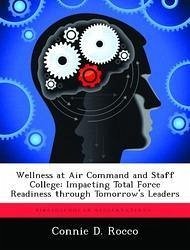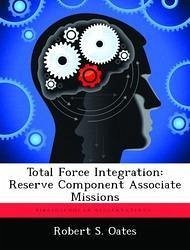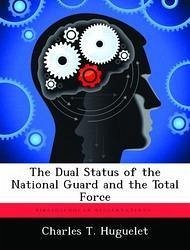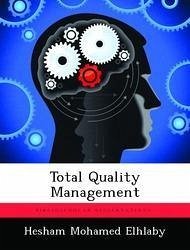Nicht lieferbar
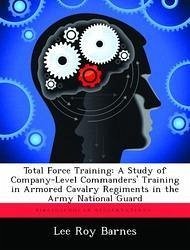
Total Force Training
A Study of Company-Level Commanders' Training in Armored Cavalry Regiments in the Army National Guard
Versandkostenfrei!
Nicht lieferbar
This thesis examines the professional training, including schooling, of the company-level ground maneuver combat unit commanders in the four armored cavalry regiments (ACRs) in the Army National Guard (ARNG). The focus is upon what these commanders have done, what they are required to do, and how well their training has prepared them for their peacetime and wartime missions. The increased importance of the Reserve Components (RC) in our nation's deterrence and defense plans since the early 1970s has led to increased interest in the readiness and ability of the Army National Guard. Several prog...
This thesis examines the professional training, including schooling, of the company-level ground maneuver combat unit commanders in the four armored cavalry regiments (ACRs) in the Army National Guard (ARNG). The focus is upon what these commanders have done, what they are required to do, and how well their training has prepared them for their peacetime and wartime missions. The increased importance of the Reserve Components (RC) in our nation's deterrence and defense plans since the early 1970s has led to increased interest in the readiness and ability of the Army National Guard. Several programs developed to improve the RC's training and readiness posture directly affect the training of the company-level commanders in the ARNG's ACRs. This study discusses these programs and their impacts on the company-level commanders in the ARNG's ACRs. Interviews were conducted to determine the training, including schooling, status of a sample population (twenty-five percent) of the armored cavalry troop and tank company commanders in the ARNG's ACRs. Conclusions drawn from the interview data include the following: The majority of ARNG ACR company-level commanders attended a resident officer basic course, even before the requirement to do so was established; however, the majority of these commanders have not completed the officer advanced course--the course that is designed to train them for company-level command; and many of these commanders are not making the fullest use of available external training assistance resources.




